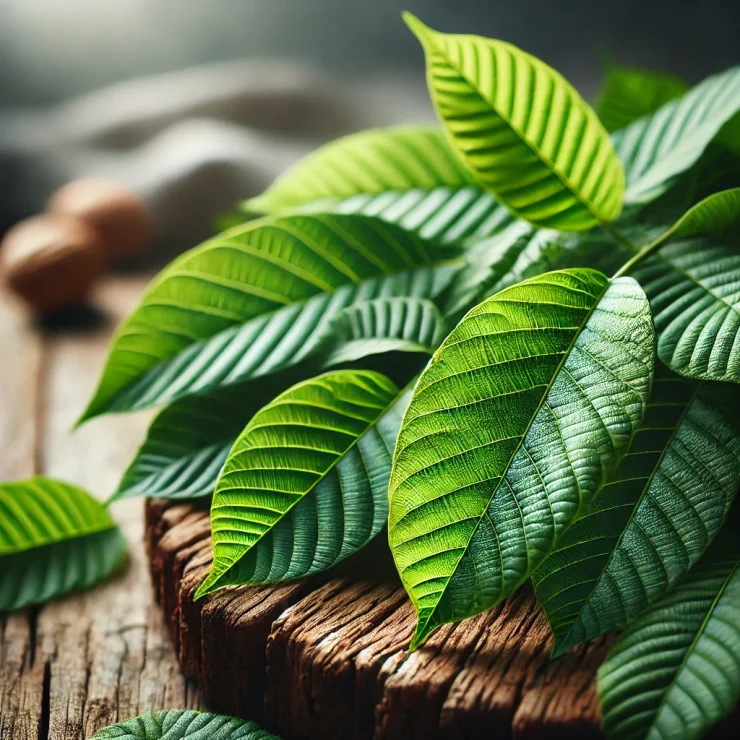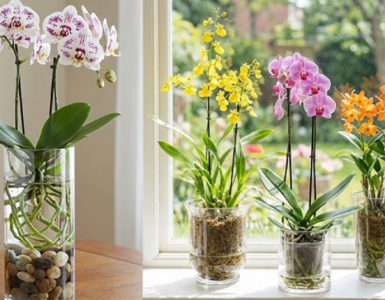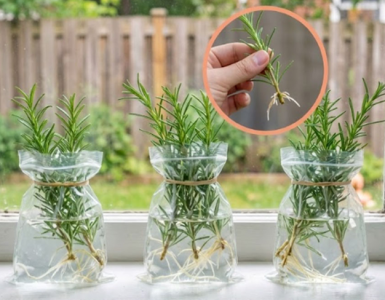Walnut leaves, often overshadowed by the nutritious nuts they accompany, are a hidden gem in the world of natural remedies. Rich in bioactive compounds, walnut leaves have been used in traditional medicine for centuries to promote health and well-being. Here’s a look at the impressive benefits of walnut leaves and how you can incorporate them into your lifestyle.
1. Rich in Antioxidants
Walnut leaves are packed with powerful antioxidants, including flavonoids and phenolic acids, which help combat oxidative stress in the body. By neutralizing free radicals, these antioxidants can reduce the risk of chronic diseases such as cancer, heart disease, and diabetes. Additionally, they may slow the aging process by protecting cells from damage.
2. Supports Skin Health
One of the most popular uses of walnut leaves is in skincare. The leaves contain tannins and juglone, compounds that possess antimicrobial and astringent properties. These properties make walnut leaves effective for treating various skin conditions such as:
- Eczema and Psoriasis: Walnut leaf extracts can soothe irritation and reduce inflammation.
- Acne: The antimicrobial properties help fight acne-causing bacteria, while the astringent effect reduces oiliness.
- Wound Healing: Walnut leaves can accelerate the healing of minor cuts, scrapes, and insect bites.
You can make a simple walnut leaf poultice or tea to apply directly to the skin for these benefits
3. Anti-Inflammatory Properties
The bioactive compounds in walnut leaves, such as polyphenols and tannins, exhibit strong anti-inflammatory effects. This makes them beneficial for managing conditions like arthritis, where inflammation plays a key role. Drinking walnut leaf tea or using a compress made from the leaves can help reduce swelling and alleviate joint pain.
4. Improves Digestive Health
Walnut leaves can be a natural remedy for digestive issues. They contain compounds that help regulate gut flora and improve digestion. Key benefits include:
- Relief from Constipation and Diarrhea: Walnut leaf tea has mild laxative and astringent effects, which can help balance bowel movements.
- Treatment for Intestinal Parasites: Traditionally, walnut leaves have been used to expel intestinal worms and other parasites.
5. Promotes Hair Health
Walnut leaves are a boon for hair care, offering multiple benefits:
- Prevents Hair Loss: The antifungal and antibacterial properties of walnut leaves can help combat scalp infections that lead to hair loss.
- Enhances Hair Color: The natural pigments in walnut leaves can be used as a hair rinse to enhance hair’s natural color, especially for darker shades.
- Improves Scalp Health: A walnut leaf infusion can soothe an itchy scalp and reduce dandruff.
6. Boosts Immune System
The high levels of antioxidants and anti-inflammatory compounds in walnut leaves can help strengthen the immune system. By reducing inflammation and fighting off pathogens, walnut leaves provide an extra layer of protection against common illnesses like colds and flu.
7. Regulates Blood Sugar Levels
Preliminary research suggests that walnut leaves may help regulate blood sugar levels. The compounds in walnut leaves improve insulin sensitivity and glucose metabolism, making them a natural remedy for managing type 2 diabetes. Drinking walnut leaf tea regularly may help stabilize blood sugar levels over time.
8. Supports Cardiovascular Health
Walnut leaves contain compounds that promote heart health. The antioxidants help reduce oxidative stress, while the anti-inflammatory properties lower the risk of heart disease. Additionally, walnut leaves may help lower cholesterol levels, further reducing the risk of cardiovascular issues.
9. Natural Detoxifier
Walnut leaves can help cleanse the body by supporting liver function and promoting the elimination of toxins. Drinking walnut leaf tea stimulates liver enzymes, aiding in the detoxification process. This can lead to improved energy levels, clearer skin, and better overall health.
How to Use Walnut Leaves
1. Walnut Leaf Tea
One of the easiest ways to enjoy the benefits of walnut leaves is by brewing them into a tea:
- Ingredients: 1 tablespoon of dried walnut leaves, 1 cup of boiling water.
- Instructions: Steep the leaves in boiling water for 5-10 minutes. Strain and enjoy. You can add honey or lemon for flavor.
2. Topical Application
For skin and hair benefits, you can prepare a walnut leaf infusion:
- Boil a handful of fresh or dried walnut leaves in water for 10-15 minutes.
- Let it cool, then apply it to the affected area using a cotton pad or use it as a hair rinse.
3. Compress
Soak a clean cloth in warm walnut leaf tea and apply it to swollen or inflamed areas to reduce pain and inflammation.
While walnut leaves offer numerous health benefits, they should be used with caution:
- Allergic Reactions: Some individuals may be allergic to walnut leaves. Always do a patch test before applying them topically.
- Pregnancy and Breastfeeding: Consult a healthcare provider before using walnut leaves during pregnancy or breastfeeding.
- Overuse: Excessive consumption of walnut leaf tea may cause digestive discomfort. Stick to recommended amounts.
Walnut leaves are a natural powerhouse of health benefits, from improving skin and hair health to supporting digestion and heart health. Whether consumed as a tea or applied topically, these leaves offer a range of uses that make them a valuable addition to your wellness routine. Embrace the healing power of walnut leaves and experience their numerous benefits for yourself!






Add comment